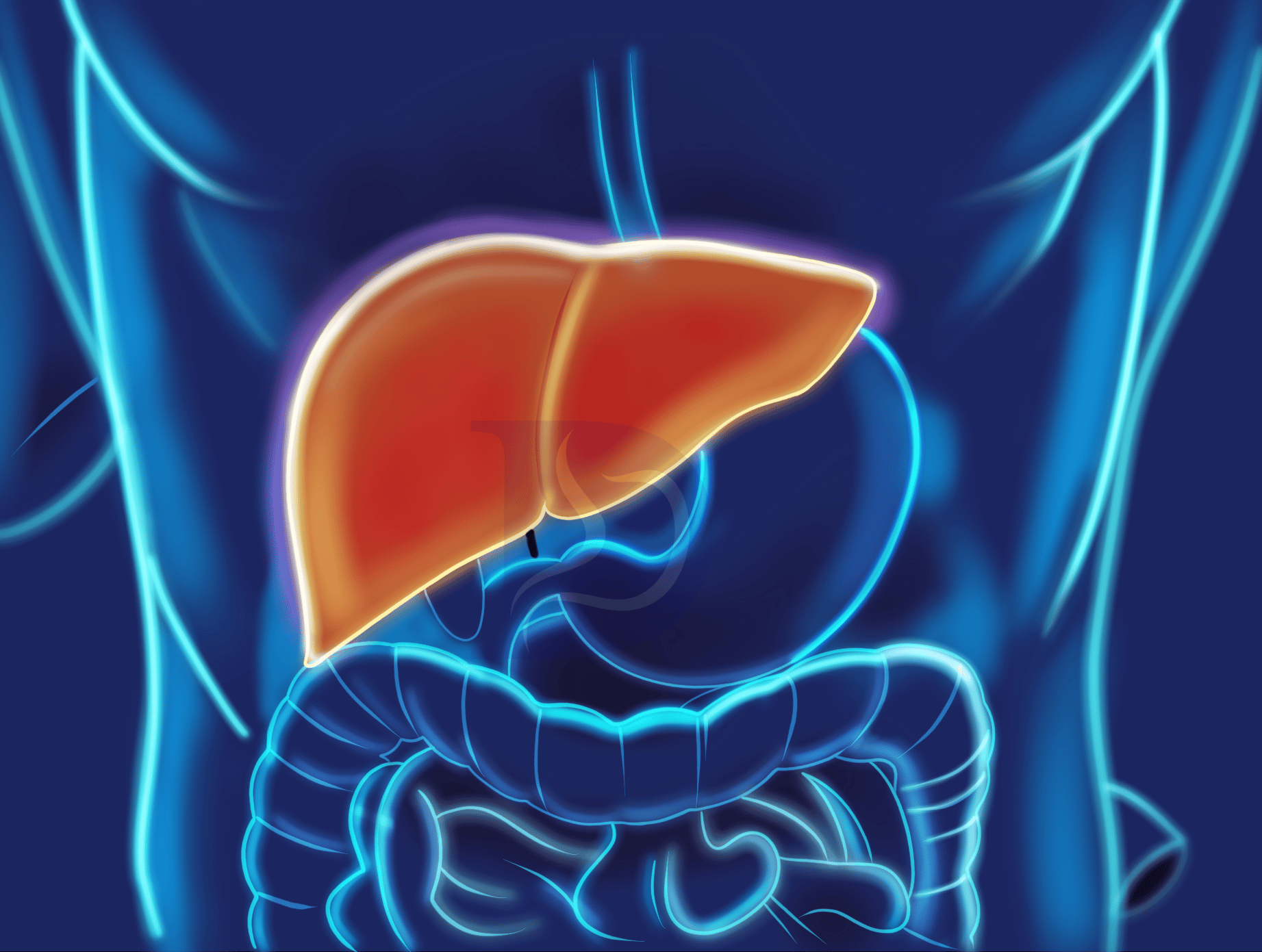Liver steatosis, also known as fatty liver, is a form of liver disease in which excess fat accumulates in the liver cells. It can be caused by a number of factors, including obesity, high levels of cholesterol or triglycerides in the blood, high alcohol consumption, and certain medications.
The exceptional team at Digestive & Liver Health Specialists has years of experience providing customized maintenance and treatment plans to prevent complications caused by liver disease.

Liver steatosis is usually diagnosed through a combination of blood tests, imaging tests (such as an ultrasound or CT scan), and a liver biopsy (a procedure in which a small sample of liver tissue is removed and examined under a microscope).
Treatment options for liver steatosis depend on the underlying cause of the condition. Losing weight and improving diet and exercise habits can often help to reduce excess fat in the liver. If the condition is caused by high alcohol consumption, abstaining from alcohol may be necessary. In some cases, medications may be prescribed to help lower cholesterol or triglyceride levels.
Frequently asked questions about liver steatosis:
Q: What are the symptoms of liver steatosis?
A: In many cases, liver steatosis does not cause any symptoms. However, some people may experience fatigue, abdominal pain, or discomfort in the upper right side of the abdomen.
Q: Can liver steatosis be reversed?
A: If the underlying cause of liver steatosis is addressed, it is often possible to reverse the condition. Losing weight, improving diet and exercise habits, and abstaining from alcohol (if necessary) can all help to reduce excess fat in the liver.
Q: Is liver steatosis serious?
A: In some cases, liver steatosis can progress to more serious conditions such as liver inflammation (steatohepatitis) or scarring (fibrosis). If left unchecked, these conditions can lead to liver damage and even liver failure. It is important to address liver steatosis as soon as possible to prevent the condition from worsening.
Q: Can liver steatosis be prevented?
A: There are several steps that can be taken to help prevent liver steatosis: maintaining a healthy weight, eating a balanced diet, exercising regularly, and limiting alcohol consumption. It is also important to manage any medical conditions (such as high cholesterol or diabetes) that may contribute to the development of liver steatosis.
The exceptional team at Digestive & Liver Health Specialists will work with you to develop a customized liver health plan. Call today or schedule an appointment online.

